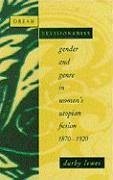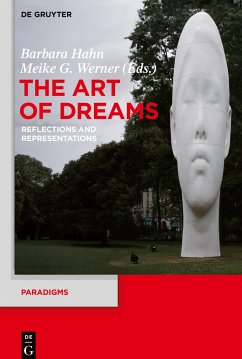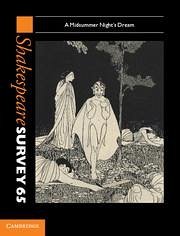
Dream Revisionaries
Gender and Genre in Women's Utopian Fiction, 1870-1920
Versandkostenfrei!
Versandfertig in über 4 Wochen
35,99 €
inkl. MwSt.

PAYBACK Punkte
18 °P sammeln!
Between 1869 and 1920, more than one hundred remarkably diverse utopian narratives written by women were published on both sides of the Atlantic: feminist and antifeminist, socialist and capitalist; placed in Kentucky, in London, at the North Pole, or on Mars; set in the past, present, future, or outside of time altogether. The value of these narratives is incalculable, for they provide insight into how a homogeneous group of women (sharing an Anglo-Saxon heritage and middle-class status) at a particular historical moment imagined what men and women might be like if freed from the tyranny of c...
Between 1869 and 1920, more than one hundred remarkably diverse utopian narratives written by women were published on both sides of the Atlantic: feminist and antifeminist, socialist and capitalist; placed in Kentucky, in London, at the North Pole, or on Mars; set in the past, present, future, or outside of time altogether. The value of these narratives is incalculable, for they provide insight into how a homogeneous group of women (sharing an Anglo-Saxon heritage and middle-class status) at a particular historical moment imagined what men and women might be like if freed from the tyranny of custom and contemporary values. Dream Revisionaries examines the literary, social, and historical catalysts for this sudden efflorescence of women's utopian writing. It delineates the historical contours of mainstream utopian fiction, examines the place of women in canonical texts, and demonstrates how the utopian responses of women in the 17th, 18th, and early 19th centuries paved the way for the late-19th-century texts discussed in this study. Lewes observes how women's utopian fiction facilitated the creation of political and social manifestos that responded to the late-19th-century historical environment and how nationality sometimes complicated and even overrode the authors' apparent commonalities. This volume demonstrates how the genre was used to reconcile historically opposed feminist ideologies and compares texts of the 1870s and 1970s, showing that the supposedly "new" type of women's utopian writing in many ways resembled that of a century earlier. Finally, it provides an invaluable annotated bibliography covering three centuries of women's utopian writing.












